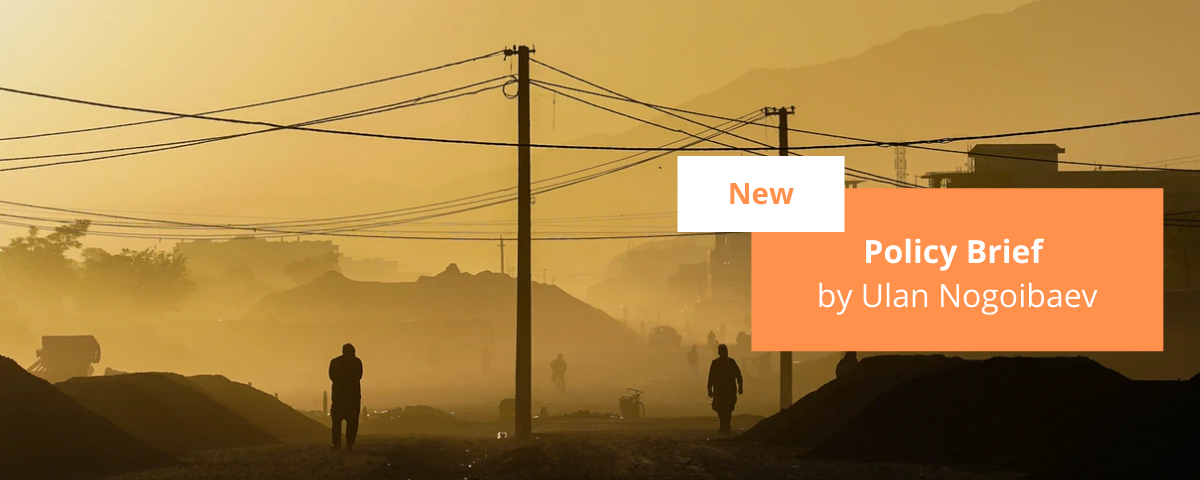The Prague Process webinar ‘Reporting Migration: the role of media in shaping public opinion and policies on migration’ with Mr. Adalbert Jahnz, European Commission Spokesperson for migration, home affairs and citizenship, Mr. Robert McNeil, Deputy Director, Migration Observatory at the University of Oxford, and Mr. Tom Law, Media Policy Adviser, Global Forum for Media Development, took place on 24 June 2021.
The webinar assessed the role of media in shaping public opinion while informing on migration and related policies. It further introduced the Handbook on “Reporting Migration” developed in 2020 within the MOMENTA 2 (Migration Media Training Academy) project, funded by the German Federal Foreign Office. Its main aim had been to improve media migration reporting in the Eastern Partnership countries by helping journalists to create impartial, fact-based reporting in an engaging way.
You may watch the recording in English or in Russian.










